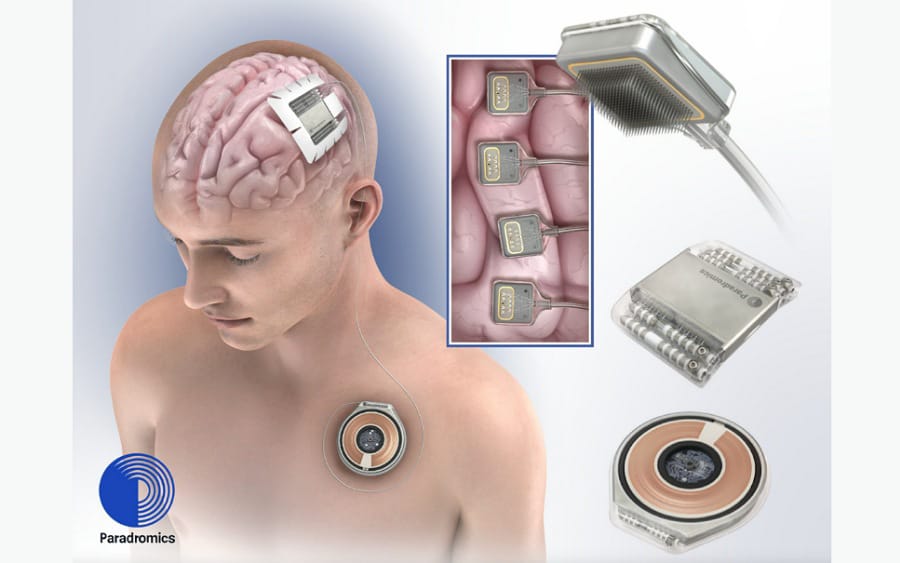Neurotech startup Paradromics is set to commence human trials of its brain implant in 2025, intensifying the competition in the emerging brain-computer interface (BCI) market.
This move positions Paradromics against Elon Musk’s Neuralink, which has been at the forefront of public attention in this domain.
Paradromics’ CEO and founder, Matt Angle, in an interview with CNBC Tech, expressed his enthusiasm about the potential of brain-computer interfaces.
The neural implants in humans
“The brain is a super fascinating organ. We have about 85 billion neurons and every neuron is a million times slower than a computer chip. And yet, the brain does incredible things,” Angle explained.
He emphasized the necessity of high-speed, high-data-rate devices to interact with numerous neurons simultaneously to effectively transfer data to and from the brain.
The startup plans to retail its brain implants at approximately $100,000 each (approximately N150 million).
- Angle described Paradromics’ mission as transforming untreatable brain health conditions into solvable technology problems, with the aim of serving unmet medical needs through their devices.
- Initially, the neural implants will be focused on patients who have lost their ability to communicate due to conditions such as paralysis, amyotrophic lateral sclerosis (ALS), or spinal injuries.
Vikash Gilja, the chief scientific officer, explained, “The reason we’ve chosen to focus on motor and speech is because these are well trodden in our research community and the science exists.”
- He believes Paradromics can leverage existing research to transition from experimental science to a practical medical device.
- Gilja also mentioned that the device would be wirelessly powered, eliminating the need for frequent charging.
- Users would only need to undergo a brief calibration routine to map electrical signals to their intentions, after which the system would be ready for use.
Angle is optimistic about gaining commercial approval for the brain implants by 2029.
He noted, “We see that the first million people to get brain-computer interfaces are going to be getting them to treat severe medical conditions.”
While he acknowledged the possibility of consumer applications in the future, Angle stressed that the current focus is on developing safe and reliable devices for individuals with significant physical and mental health conditions.
What you should know
Neuralink, co-founded by Elon Musk, recently made headlines when it implanted a chip into a patient’s brain in March.
However, the procedure faced a setback as part of the implant malfunctioned weeks later.
In Nigeria, a study conducted by Chukwuemeka Eze et al. estimated the prevalence of neurological disorders at 45.4%.
The research revealed a crude prevalence rate of neurological disorders of 352 per 1,000 people in southwest Nigeria.
The most common neurological disorders affect motor and speech functions, with strokes being the most prevalent.
